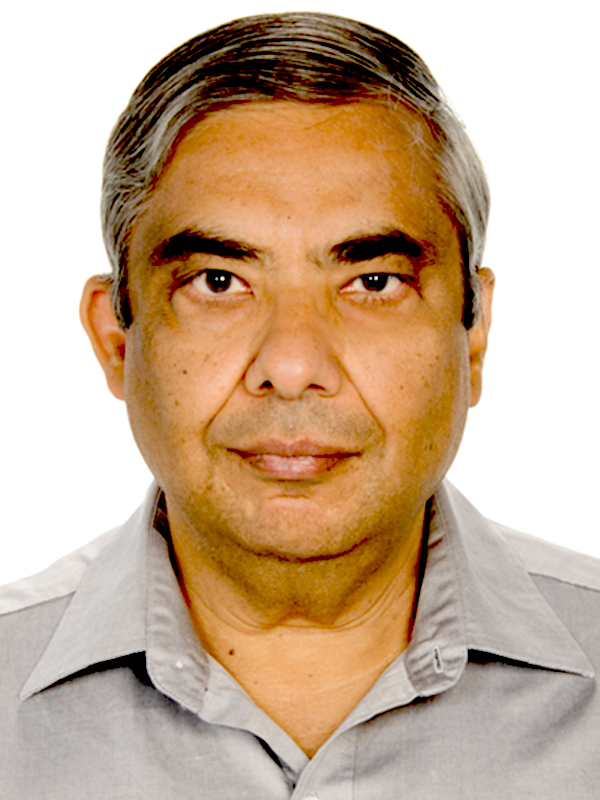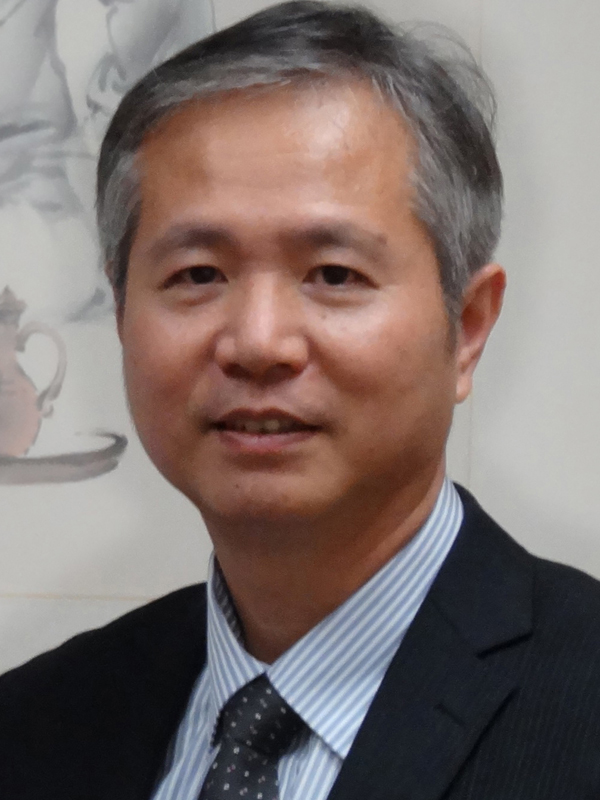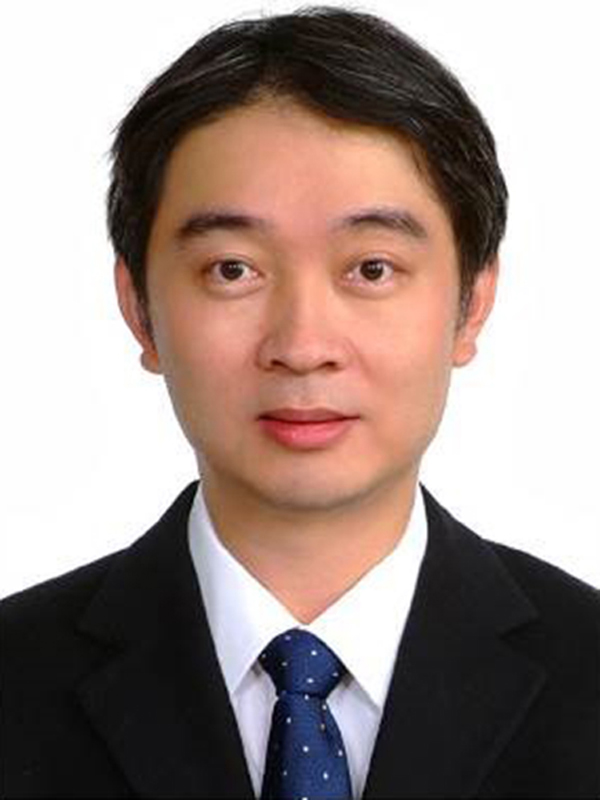ラーニングアナリティクスに関するシンポジウム
教育ビッグデータを用いた教育・学習支援の展開
開催にあたって
近年、教育現場では、デジタル教科書やLMS(Learning Management System)、e-ポートフォリオシステム等を利用した、教育の情報化が急速に進んでいます。
このような中、これらのシステムに蓄積された学習ログデータを統合し、教育ビッグデータを構築して、教育・学習支援を支援する試みが国内外で活発に行われつつあります。
本シンポジウムでは、教育ビッグデータの分析(ラーニングアナリティクス)に関する国内外の最新の研究動向を登壇者の方にご紹介頂き、そのための情報基盤システムのあり方について参加者の皆様と考えたいと思います。
多くの皆様のご来場をお待ちしております。
イベント詳細
| 開催概要 | |
|---|---|
| 日時 | 2018年3月22日 木曜日 13:00 ~ 18:00 (開場は12:30) |
| 場所 | 京都大学 時計台 百周年記念ホール |
| 主催 | 科研費基盤研究(S), 16H06304 「教育ビッグデータを用いた教育・学習支援のためのクラウド情報基盤の研究」 |
| 共催 | 京都大学学術情報メディアセンター |
| 後援 | 九州大学ラーニングアナリティクスセンター |
アクセス情報
- 京都大学 吉田キャンパス 時計台 百周年記念ホール
- 駐車場はありません。公共交通機関をご利用ください。
- 京都市バス 206系統など バス停 「京大正門前」
- 京都大学 吉田キャンパス 正門 入ってすぐ 正面 1F
- 詳細なアクセス方法は京都大学 公式サイトをご参照ください。
プログラム
| タイムテーブル | ||
|---|---|---|
| 12:30 | 開場 | |
| 13:00 | 開会のご挨拶・趣旨説明 |
|
| 13:10 | 基調講演 |
|
| 15:40 | 休憩 | (10分間) |
| 15:50 | 研究事例の紹介 |
|
| 17:20 | 休憩 | (10分間) |
| 17:30 | パネル討論(全発表者) |
Prof. Hsiu-Ping Yueh ― National Taiwan University 木實新一教授 ― 九州大学ラーニングアナリティクスセンター センター長 |
| 18:00 | 閉会 |
基調講演紹介

Prof. Gerhard Fischer
University of Colorado
Gerhard Fischer (Link) is a Professor Adjunct and Professor
Emeritus of Computer Science, a Fellow of the Institute of Cognitive Science, and the Director of
the Center for Lifelong Learning and Design (L3D) at the University of Colorado at Boulder. He
is a member of the Computer Human Interaction Academy (CHI; 2007), a Fellow of the
Association for Computing Machinery (ACM; 2009), and a recipient of the RIGO Award of
ACM-SIGDOC (2012). In 2015, he was awarded an honorary doctorate from the University of
Gothenburg, Sweden.
His research has focused on new conceptual frameworks and new media for learning, working,
and collaborating, human-centered computing, and design. His recent work is centered on quality
of life in the digital age, social creativity, meta-design, cultures of participation, design trade-offs,
and rich landscapes for learning (including MOOCs).
「Beyond Hype and Underestimation: Identifying Challenges and Design Trade-Offs for the
Future of Learning Analytics Research」
Learning Analytics research and approaches have enhanced learning in many different ways
?particularly in technological environments in which the interactions of learners can be easily
tracked, analyzed, predicted, and visualized. The "right kind" (not all of them) of data are of critical
importance to understand "how things are".
The presentation will focus on theories, methods, and drawbacks based on specific examples
representing a challenge of equal (if not more) importance: how can data driven approaches
provide insights and foundations for envisioning new educational designs to explore "how things
could or should be?"

Prof. Rakesh Agrawal
Data Insights Laboratories / EPFL
Rakesh Agrawal is the President and Founder of the Data Insights Laboratories,
San Jose, USA and a Visiting Professor at EPFL, Lausanne, Switzerland. He is a member of the National
Academy of Engineering, both USA and India, a Fellow of ACM, and a Fellow of IEEE. He has been both an
IBM Fellow and a Microsoft Fellow. He has also been the Rukmini Visiting Chair Professor at the Indian
Institute of Science, Bangalore, India. ACM SIGKDD awarded him its inaugural Innovations Award and ACM SIGMOD
the Edgar F. Codd Award. He was named to the Scientific American’s First list of top 50 Scientists. Rakesh has
been granted 80+ patents and published 200+ papers, including the 1st and 2nd highest cited in databases and
data mining. Five of his papers have received “test-of-time” awards. His papers have received 100,000+ citations.
His research formed the nucleus of IBM Intelligent Miner that led the creation of data mining as a new software category.
Besides Intelligent Miner, several other commercial products incorporate his work, including IBM DB2 and WebSphere and
Microsoft Bing.
「Toward Data-Driven Education」
An educational program of study can be viewed as a knowledge graph consisting of learning units
and relationships between them. Such a knowledge graph provides the core data structure for
organizing and navigating learning experiences. We address three issues in this talk. First,
how can we synthesize the knowledge graph, given a set of concepts to be covered in the study
program. Next, how can we use data mining to identify and correct deficiencies in a knowledge
graph. Finally, how can we use data mining to form study groups with the goal of maximizing overall
learning. We conclude by pointing out some open research problems.

Prof. Stephen J.H. Yang
National Central University
Dr. Stephen J.H. Yang is the Vice President of Asia University, Taiwan. He is also associated with the National Central University as the Distinguished Professor of Department of Computer Science & Information Engineering.
Dr. Yang worked for Taiwan government as the Director of Department of Information and Technology Education, Ministry of Education, Taiwan (2013~2014). During the two years of service in Taiwan government, Dr. Yang was responsible for the national information & technology education, he also launched Taiwan’s national digital learning initiative which includes the construction of 100G Taiwan Academic Network for national network infrastructure, the construction of Education Cloud for national data infrastructure, and innovation programs such as Taiwan MOOCs and mobile learning. Dr. Yang also served as the Convener of Information Education Discipline, Ministry of Science & Technology.
Dr. Yang received his PhD degree in Electrical Engineering & Computer Science from the University of Illinois at Chicago in 1995. Dr. Yang has published over 60 SSCI/SCI journal papers, his research interests include Big Data, learning analytics, Artificial Intelligence, educational data mining, and MOOCs. As shown on Google Scholar, Dr. Yang’s publication citation indices has been over 8,900, especially on the main research themes, Artificial Intelligence in education is ranked #7, Learning analytics is ranked #8, Educational data mining is ranked #3, MOOCs is ranked #3, Dr. Yang received the Outstanding Research Award from Ministry of Science & Technology (2010) and Distinguished Service Medal from Ministry of Education (2015). Dr. Yang is currently the Co-Editors-in-Chief of the International Journal of Knowledge Management & e-Learning.
「Applying learning analytics on predicting students’ academic performance」
With the rise of educational big data, learning analytics has become a major trend for improving the quality of teaching and learning.
Learning analytics is a kind of data analytics for analyzing learners’ digital footprint while they interact with learning systems.
The objective of this research is to apply learning analytics on predicting student’s academic performance at an early stage and thus provide learners with timely intervention.
Our study applied multiple linear regression (MLR), a popular method of prediction model to predict students’ academic performance.
In addition, we implemented MLR with principal component analysis (PCA) to improve the predictive accuracy of the model.
Nevertheless, traditional MLR has certain drawbacks, that is the coefficient of determination (R2), mean square error (MSE), and quantile-quantile plot (Q-Q plot) technique cannot evaluate the predictive performance and accuracy of MLR.
Therefore, we proposed predictive MSE (pMSE) and predictive mean absolute percentage correction (pMAPC) for measuring the predictive performance and accuracy of the regression model, respectively.
Experimental results revealed that the proposed model for predicting students’ academic performance could obtain optimal pMSE and pMAPC values by using six components obtained from PCA.

Prof. Gwo-Jen Hwang
National Taiwan University of Science and Technology
Dr. Gwo-Jen Hwang is currently a Chair Professor at the National Taiwan University of Science and Technology.
He is also Dean of College of Liberal Arts and Social Sciences at the university.
Dr Hwang serves as an editorial board member and a reviewer for more than 30 academic journals of educational technology and e-learning.
He has also been the principal investigator of more than 100 research projects funded by Ministry of Science and Technology as well as Ministry of Education in Taiwan.
His research interests include mobile and ubiquitous learning, flipped learning, digital game-based learning, and artificial intelligence in education.
Dr. Hwang has published more than 550 academic papers, including more than 200 journal papers and 300 conference papers.
Among those publications, more than 150 papers are published in SSCI journals.
Owing to the reputation in academic research and innovative inventions in e-learning, he received the annual most Outstanding Researcher Award from the Ministry of Science and Technology of Taiwan in the years of 2007, 2010 and 2013.
Moreover, in 2016, he was announced by Times Higher Education as being the most prolific and cited researcher in the world in the field of social sciences
(Link).
「Learning Behavior and Interactive Pattern Analysis- Methodologies, Tools and Practices」
Learning analytics refers to the analysis and interpretation of data related to learners’ behaviors,
interactive content and learning contexts recorded during learning process as well as their profiles and
portfolios. The objective of learning analytics is to provide helpful information to optimize or improve
learning designs, learning outcomes and learning environments based on the analysis results. In this talk,
Prof. Hwang would review the current states of learning analytics research and the design considerations.
To this end, the methodologies and tools for analyzing students’ online learning behavioral patterns and
interactive patterns are introduced. Several relevant applications are presented to show how the methodologies
and tools work. It is expected that this talk can inspire researchers to discover potential research issues of
e-learning or blended learning and to apply the methodologies and tools to their studies in the future.

美濃 導彦
京都大学 学術情報メディアセンター 教授
京都大学工学部情報工学科卒業.同大大学院博士課程修了.京都大学工学部助手,
京都大学工学部附属高度情報開発実験施設助教授を経て,京都大学学術情報メディアセンター教授.
平成18年4月より同センター長(平成22年3月まで).平成20年10月より京都大学総長室副室長を兼任(平成22年9月まで).
平成22年10月より京都大学副理事(平成24年9月まで),C.I.O,情報環境機構長に就任(平成28年9月まで).
画像処理,人工知能,知的コミュニケーション関係の研究に従事.工学博士.IEEE,ACM,情報処理学会,電子情報通信学会,
画像電子学会,日本ロボット学会,日本バーチャルリアリティ学会各会員.電子情報通信学会,日本バーチャルリアリティ学会フェロー.
「ラーニングアナリティクスを進展させるための戦略」
ラーニングアナリティクス(LA)は、学習データを解析して教育を改善する有効な手法である。
これは大学評価と絡んで各大学で必要となることであり、今後は各大学で活発にLAが行われるようになるのは必然である。
このための環境整備、教員の意識改革は必須となり、日本においても積極的に進めていかなければならない。
今、この動きを阻害している問題は何か、どこを改善していけばいいかをこれまでの経験をベースに中心に議論する。
同時に、本当の意味のLAは学生のためになるものでなければならないという考えから、さらにLAを発展させるための方策についても考える。
申し込み
- 参加費:無料
- 定員:200名
- 席に限りがございます。定員を超えた場合、先着順で参加申し込みを締め切らせていただく場合があります。
- 早めの参加申し込みをお勧めします。
申し込みページが開きます。必要事項を入力してください。
第24回 大学教育研究フォーラム のご案内
本シンポジウムに先だって、2018年3月20日、21日に「第24回 大学教育研究フォーラム」が開催されます。
詳しくはこちらをご覧ください。
詳しくはこちらをご覧ください。
連絡先
当シンポジウムに関するご質問やお問い合わせは以下の連絡先まで
〒606-8501 京都市 左京区 吉田ニ本松町
京都大学 学術情報メディアセンター 南館 404
緒方研究室
E-mail:contact[at]let.media.kyoto-u.ac.jp
([at]を@に置き換えて送信してください)
〒606-8501 京都市 左京区 吉田ニ本松町
京都大学 学術情報メディアセンター 南館 404
緒方研究室
E-mail:contact[at]let.media.kyoto-u.ac.jp
([at]を@に置き換えて送信してください)